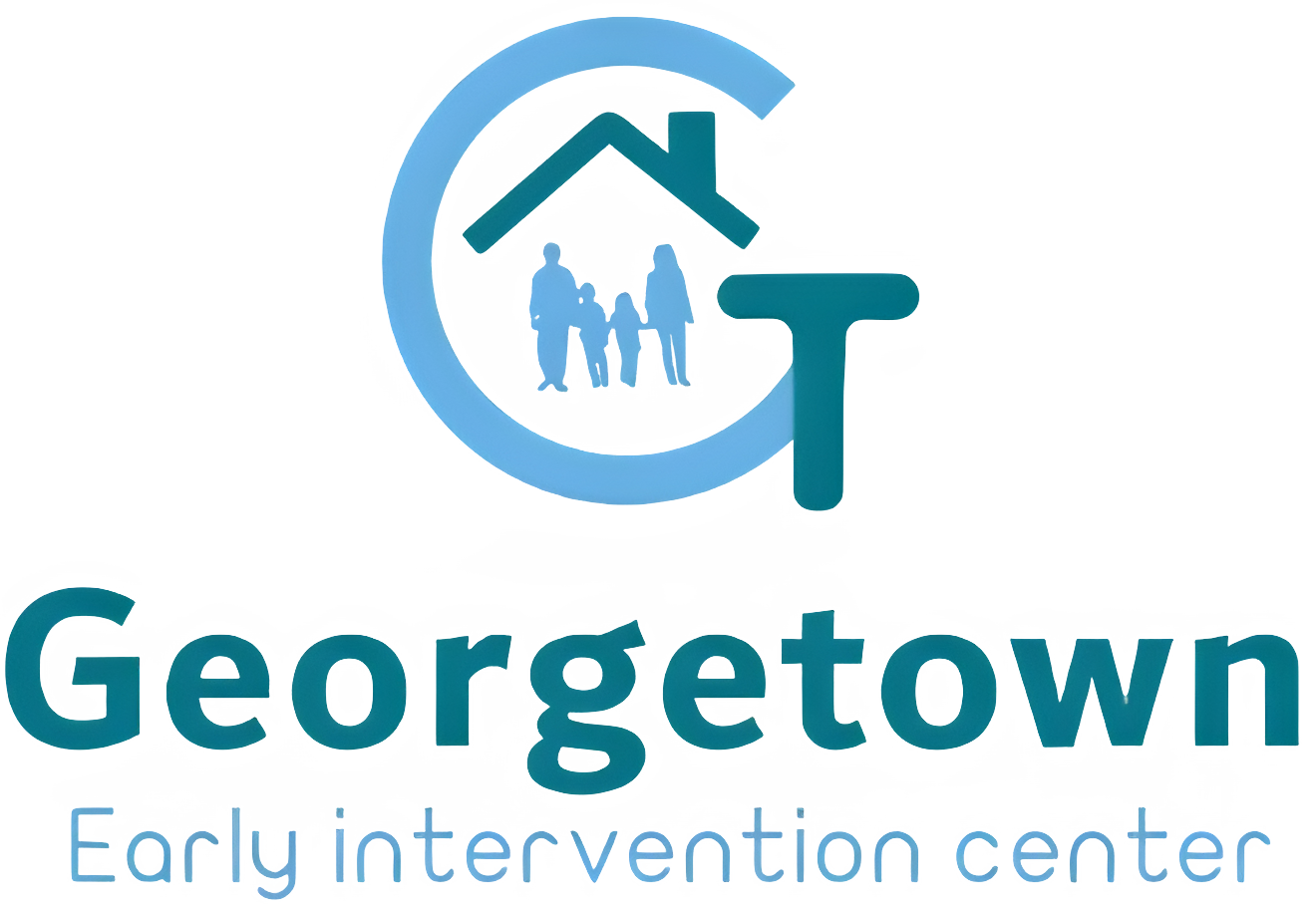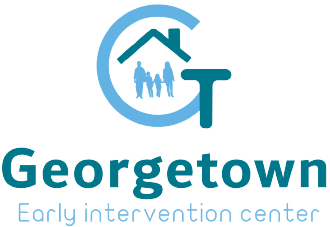Introduction
Occupational therapy (OT) is a treatment approach that focuses on the development and maintenance of skills required for individuals to be independent and participate effectively in their daily activities. Aiming to improve the quality of life of those who experience difficulties in performing everyday tasks, occupational therapy plays a significant role in empowering these individuals to become more independent while accomplishing necessary tasks in their daily lives.
The focus of this blog post is to shed light on how occupational therapy can empower individuals to enhance their daily living skills.
What are Daily Living Skills?
Daily Living Skills, or activities of daily living (ADLs), are essential tasks that individuals perform on a routine basis, such as eating, bathing, dressing, toileting, and personal hygiene. These tasks are critical for maintaining self-care and independence in an individual’s life. Individuals with physical, cognitive, or sensory impairments often face difficulties in executing these everyday tasks independently. This is where occupational therapy steps in, offering support and guidance to help them become more self-reliant.
How Occupational Therapy Supports Daily Living Skills
Occupational therapists focus on assessing an individual’s strengths and limitations in order to set tailored goals that address the unique needs of each person. To empower individuals to improve their daily living skills, occupational therapists create personalized strategies that include but are not limited to the following:
1. Skills Training
Occupational therapists employ a hands-on approach to teach vital daily living skills to individuals. These professionals address specific performance issues related to activities of daily living (ADLs) and instrumental activities of daily living (IADLs), such as meal preparation and budget management. The personalized approach, which is tailored according to each individual’s unique needs, effectively helps improve their daily living abilities.
2. Adaptation and Modification
Occupational therapists offer guidance and support in identifying suitable adaptations and modifications to daily tasks and environments. This can range from suggesting practical changes to an individual’s home environment for a more accessible space, to introducing specially designed adaptive tools that aid in executing tasks more efficiently.
3. Cognitive Strategies
In cases where cognitive impairment makes performing daily tasks difficult, occupational therapists introduce cognitive strategies to help individuals better understand and process these tasks. This may involve breaking down complex tasks into smaller, more manageable steps or employing visual or auditory cues to support memory and planning.
4. Caregiver Support
Occupational therapists also work closely with family members and caregivers, ensuring they fully understand the support needed for individuals to accomplish daily tasks independently. This collaboration helps caregivers provide the optimal environment for the individual’s growth and independence.
The Impact of Occupational Therapy on Daily Living Skills
With personalized guidance and support from occupational therapists, individuals with challenges in executing daily tasks can experience significant improvements in their ability to perform these tasks independently. Occupational therapy has been shown to enhance confidence, self-esteem, and overall quality of life for those who undergo its services.
Whether an individual has sensory, cognitive, or physical limitations, occupational therapy plays a vital role in empowering self-reliance and fostering a sense of independence. By addressing each person’s unique needs and promoting the development of vital daily living skills, occupational therapists make a lasting impact on the lives of those they serve.


